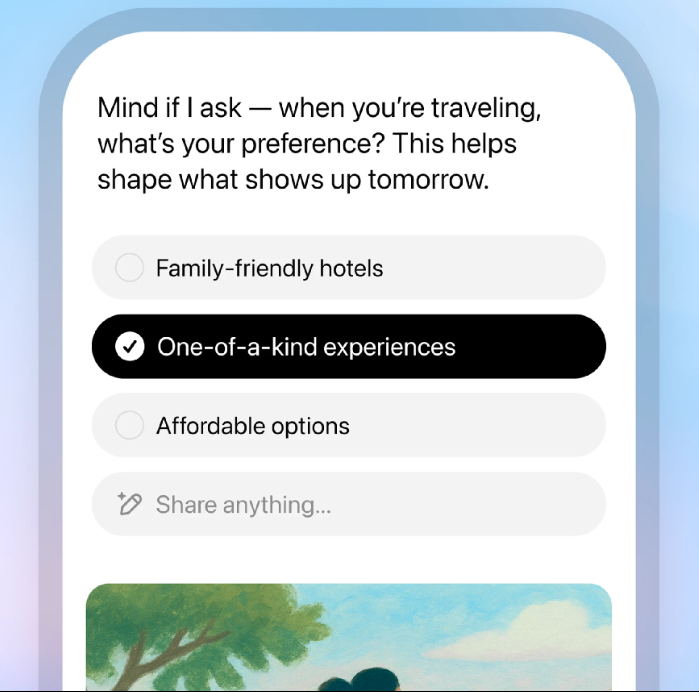ChatGPT Pulse: OpenAI's $200 AI Assistant That Works Overnight to Plan Your Day
If you're a lazy person who just want to get through the day, the ChatGPT Pulse could effectively change your routine.
OpenAI believes its new feature, ChatGPT Pulse, may be the solution for people who just want to get through the day or those who want to pick up new hacks and tips.
As a proactive AI assistant, Pulse runs overnight, analyzing your chat history, likes, and feedback to provide you with a customized morning briefing. From reminders for meetings to ideas for creative projects, it's meant to become your virtual secretary, prepared to assist you before your morning coffee.
ChatGPT Pulse is Not What You Normally Think
ChatGPT Pulse is an extra offering for mobile ChatGPT Pro subscribers at $200 a month. In contrast to the standard chatbot that responds only when prompted by the user, Pulse runs autonomously. At night, it processes your activity, memory, and feedback to produce personalized updates for the following day. These manifest as graphical cards on your app, ranging from tips for productivity and recipes to work notes and reminders.
OpenAI defines Pulse as a method of "proactively bringing you what you need." Professionals might find that to include calendar summaries, email reminders, or reminders of impending deadlines. Leisure users might find it provides travel inspiration, reminders to shop, or consumer-curated recommendations for entertainment.
How Does ChatGPT Pulse Work?
To tap the full potential of ChatGPT Pulse, users can integrate external apps like Gmail and Google Calendar. Digital Trends reported that it makes it possible for the system to push updates like:
- A morning meeting reminder.
- Reminders for personal milestones (such as birthdays or anniversaries).
- Contextual messages from previous conversations.
Control rests importantly in users' hands. You can choose what Pulse monitors, what it doesn't monitor, and how long updates are accessible. Updates are visible for a day by default, although you can store them for the future in your chat history.
ChatGPT Pulse Could Improve Your Productivity
The launch of ChatGPT Pulse means OpenAI's shift toward proactive AI assistants. Rather than waiting for prompts, Pulse initiates updates to bridge the gap between reactive chatbots and fully integrated digital companions.
It also puts OpenAI in competition with current services. Samsung's Now Brief and Now Bar already do similar things by customizing plans for health, weather, and travel.
Tools like Perplexity's Comet browser are heading in the same direction, enabling users to make shortcuts and automate app-based workflows.
What's the Caveat Behind ChatGPT Pulse?
Although the idea sounds enticing, Pulse isn't perfect. OpenAI acknowledges that it can sometimes fall short. For example, reminding you of a project you've already completed. The $200/month price point also inspires concerns about accessibility, although OpenAI is going to implement an affordable alternative for the Plus plan ($20/month) and roll it out to every user at some point down the line.
Nevertheless, the larger picture is all too clear: Pulse is playing in a race to create always-on AI assistants with the intended potential to change how we spend our days.
Originally published on Tech Times




















